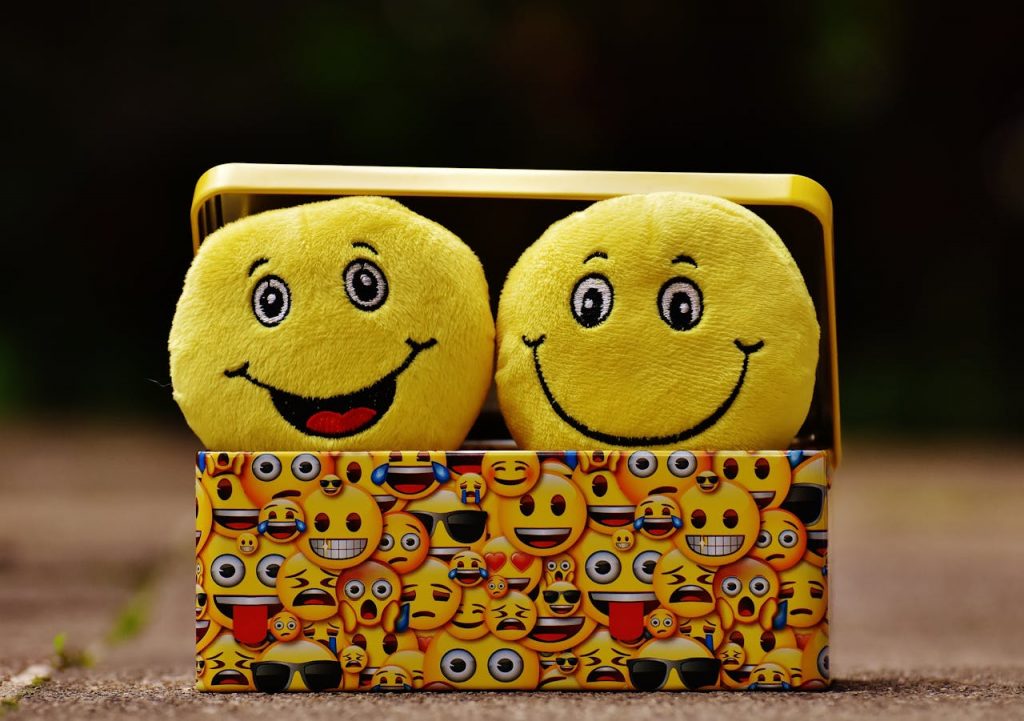In a world where emotional intelligence and etiquette shape personal and professional success, Dr. Taylor Elizabeth stands out as a leading coach helping individuals master both. With a deep understanding of human behavior, social grace, and self-awareness, she empowers people to navigate life with confidence, empathy, and poise. In this exclusive interview, she shares her insights on why emotional intelligence matters, how etiquette goes beyond good manners, and the secrets to cultivating a polished presence in any situation.
How do confidence and mental health influence each other?
Confidence and mental health feed off each other’s strength. Confidence gives you the ability to take action, socialise, trust yourself to make good decisions and that enhances your well-being anyway. Conversely, if you’re struggling with your mental health, it makes you second-guess everything, hesitate doing the smallest things and may make you withdraw from the world. That’s why it is imperative to build self-compassion with confidence. Learn to focus on small wins and self-kindness instead of punishing yourself for bad days. Remember, confidence isn’t about never feeling doubt—it’s about moving forward anyway.

Many people struggle with self-doubt. What are some daily practices to build authentic confidence?
Confidence doesn’t mean you never doubting yourself, it’s about trusting yourself through the self-doubt. A great way to build that is by keeping the promises you make to yourself. If you promise yourself to go on an early-morning walk, do it. If you promise yourself to stand up for yourself in a meeting, keep that promise. Every time you honour your own word, your self-trust gets stronger. Another way is to be deliberate with your body language- stand tall, don’t break eye contact, and speak steadily and with purpose. Keep reminding yourself of your past successes, even the smallest ones. Confidence is more about action than mindset.

How does emotional intelligence help in managing stress and anxiety?
Emotional Intelligence makes you capable of getting ahead of stress instead of just reacting to it. Being self-aware makes you conscious of early signs of stress- like shoulder tension or negative self-talk before it gets worse. A big part of stress management is knowing what triggers it so that you can respond adequately. Small things like taking deep breaths before reacting, looking for different perspectives, or even just stepping-back and asking “What do I need to do?” can make a big difference. When you understand emotions, yours and others’, you become more equipped to handle challenges.

Can improving etiquette and social skills help with mental well-being? How?
Definitely! Etiquette isn’t about some obsolete rules, it’s about knowing how to navigate social situations the right way. When you’re comfortable with introducing yourself, engaging in small talk and handling awkwardness, social anxiety decreases. Plus, etiquette teaches mindfulness- really listening, being present, building authentic connections. When you interact with confidence, you become naturally more relaxed, and that does great things for your mental health.
What role does emotional intelligence play in building self-confidence?
Confidence isn’t only about what you project, it’s about what you feel. Emotional Intelligence teaches us to manage self-doubt, recognize your strengths, and communicate effectively. When you’re aware of your emotions, you’re less likely to be thrown off by fear and overthinking. Also, learn to read the room, navigate different people and dynamics and be a little more socially aware. Confidence starts from within, and emotional intelligence helps build it.

How can one develop emotional resilience to handle criticism and setbacks, especially at work or in social settings?
The first step to resilience is your perspective on criticism. Instead of taking it personally, look at it as feedback. Asking yourself “What can I learn from this?” instead of “Why am I not good enough?” is very powerful. Also, learn to take a step back. One setback doesn’t define you. If your struggle with criticism, keep your mental “confidence file” of wins, compliments and achievements handy to remind yourself of the bigger picture. Even if the criticism is unfair, emotional intelligence will help you remain calm.
What are some common emotional intelligence mistakes that lower confidence?
The biggest mistake is taking everything personally. Not every negative reaction is about you. Also, constantly saying sorry, even when it is unwarranted makes your look unsure of yourself and makes you lose confidence. Avoiding difficult conversations out of fear can make you lose confidence in yourself. Confidence helps you communicate clearly, take up space, and handle challenges with a thoughtful approach.
How can someone with social anxiety use emotional intelligence to feel more at ease in interactions?

The trick is to shift focus away from yourself. Instead of focusing on sounding awkward, think about how you can make the other person comfortable. Small shifts like this can reduce self-consciousness. Emotional intelligence also helps you read social situations and prepare some go-to questions before social events to avoid scrambling for words. And don’t forget to breathe. Breathing is powerful, and deep, slow breaths calm your nerves drastically.
How does practicing good etiquette contribute to mental peace and self-assurance?
Being able to navigate social situations removes a lot of unnecessary stress. If you’re confident in your etiquette- whether it’s dining, networking or any other kind of communication, you won’t doubt yourself. It also brings a sense of personal integrity; makes you feel naturally good about yourself. Since etiquette is making others’ comfortable too, it nurtures deeper, more positive relationships for the long-term.
Do you believe etiquette is evolving with modern times? If so, how does that impact confidence?
Absolutely. Today, etiquette isn’t about a rigid set of rules, it is about adaptability. From communicating across cultures, handling digital conversations to navigating professional settings, modern etiquette gives you the edge in finding a balance between being polished and authentic. When you know what’s appropriate in a setting, you feel more confident.
How can someone balance being polite and assertive without feeling like a pushover?
Being polite is different from saying “yes” to everything. True confidence is about speaking with clarity and remaining respectful. Instead of saying “sorry” try saying things like “I appreciate your perspective, but here is what I think.” Good body language, steady eye contact and a calm tone helps with being assertive and setting healthy boundaries.
Can digital etiquette (emails, social media, messaging) affect confidence and mental health?
Yes. The way we communicate online shapes how we believe others perceive us. Poor digital etiquette- like vague emails, reactionary messages or too much screen time can create unnecessary stress. On the flip side, being intentional and direct with clear emails, thoughtful messaging and limited screen-time can reduce anxiety. Confidence today includes knowing when to engage in online discourse and when to step away.

What are three simple changes one can make to feel more confident in social settings?
- Posture and presence– Standing upright, with your shoulders pushed back, and owning your space signals confidence before you even speak.
- Slow down– Rushing makes you look nervous; pause between thoughts to look more in control of the situation.
- Outward focus– Instead of worrying about what they might think of you, focus on just making the other person comfortable. It takes away self-consciousness.
How do you suggest someone handle difficult conversations with grace and emotional control?
Pause, take a deep breath, collect your thought and then respond with intention rather than emotion. Using “I” statements like “I feel concerned when…” instead of “you always…” helps keep things constructive. Focus also on listening. When people feel heard, they are more likely to listen and that often makes difficult conversations easy.
What is one etiquette or emotional intelligence tip that has the most immediate impact on confidence?
Master the pause. Whether in verbal and digital conversations or with your emotions. A well-placed pause makes you more composed and gives you the time to think and prevents you from saying things you may regret. Confidence isn’t about rushing to respond- it’s about being intentional.

Taylor Elizabeth is an esteemed Emotional Intelligence and Etiquette coach, celebrated for her expertise in soft skills development. With a diverse educational background Taylor brings a wealth of knowledge to her coaching practice. She is a licensed Life Coach, Emotional Intelligence Coach, and NLP practitioner, with over 13 years of experience spanning 22 different markets across five continents. Known as ‘The Elegance Advisor,’ Taylor empowers her global community and clients to navigate the intricacies of etiquette, intelligent communication, and emotional intelligence, bridging the gap between modern contexts and traditional values.

